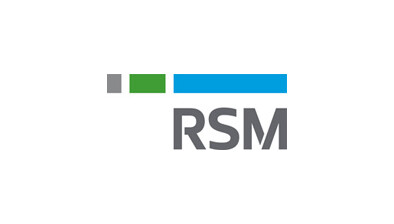Airbnb UK threatened with legal proceedings by HMRC
Airbnb UK has received a warning from HM Revenue and Customs (HMRC) that legal proceedings could be initiated against the company over “tax laws or regulations impacting the company’s business”.

Airbnb UK’s recent accounts revealed that it had been contacted by HMRC over such issues.
The accounts added: “The company is also subject to tax inquiries and proceedings concerning its operations and intra-company transactions. Some of these matters may result in litigation.”
In 2018, the rental site paid tax of £146,059 on profits of £455,076 and a £14.2 million turnover. The company’s payments arm had a total turnover of £273.2m, but it only made a £1.2m profit and paid tax of £234,788.
A spokesperson for Airbnb UK said: “We follow the rules and pay all the tax we owe in the places we do business. That is true as rules apply today and will remain true for whatever rules apply in future.
“The Airbnb model is unique and boosted the UK economy by £4.2bn last year alone. The vast majority of money generated on our platform stays with hosts and local communities, which makes Airbnb fundamentally different to companies that take large sums of money out of the places they do business. As with many other companies, these are routine checks and we are working closely with HMRC.”
George Bull, senior tax partner at accountancy firm RSM, told the BBC: “Nobody is saying that Airbnb has done anything wrong. The law is complicated, they have to decide how they are going to file their tax returns, they may do it on a basis that HMRC doesn’t like.
“However, the phrase ‘This may result in litigation’ sounds quite serious. It sounds as though Airbnb is expecting a big tussle with HMRC to get these figures across the line.”
He added: “The UK company has a turnover of £14m and it pays tax of around £200,000, so people are saying, ‘How can this be? Why are the figures so out of kilter?’
“The answer goes back to the 1920s. These basic tax rules for these companies are decades old and they really haven’t kept up with the growth of the digital platforms.”









